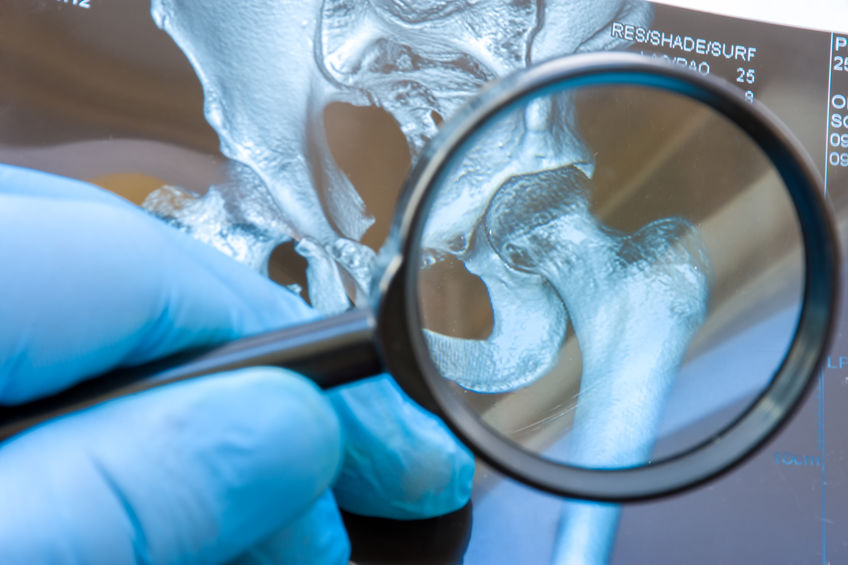
Medico-Legal Guidance: Differential diagnosis of childhood hip pain
30th June 2020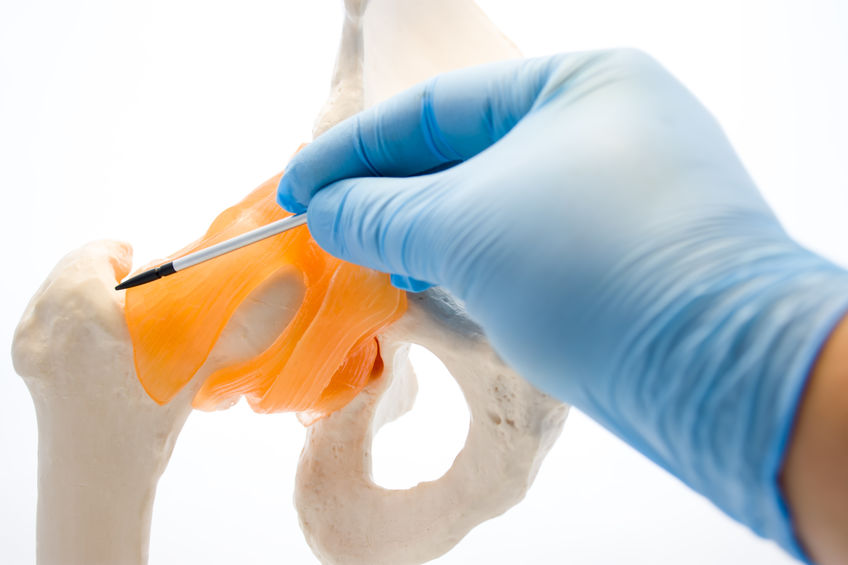
Neck of Femur Fractures in Adults
15th July 2020Starting to work as a medico-legal witness has both intellectual and financial rewards and indeed the justice system could not deliver justice without the help of suitable and appropriate experts.
However, since the case of Jones vs Kaney [2011] UKSC 13 experts have lost their immunity from professional negligence in expert witness work.
A number of cases Including Dr Zafar in Liverpool Victoria Insurance Company v Khan and Mr Jamil in Thimmaya v Lancashire NHS Foundation Trust have shown that there are risks attached to being an expert witness.
The most important aspect of being an expert witness is that they remain independent a principle expressed by Mr Justice Cresswell in the Ikarian Reefer judgement and later reiterated in the Part 35 of the Civil Proceedings Rules.
One of the key ways to remain independent is to be able to say “No”.
This is far easier if being an expert witness and the income derived from it is not essential to your lifestyle but is used to satisfy wants.
If the income is required to maintain the necessities of life it is more difficult for the expert to say no either to changing reports ( the primary problem for Dr Zafar) or to continue to act when the indivdual’s expertise was not appropriate or the expert was unwell and was not working clinically (Mr Jamil’s problem).
Many solicitors appreciate when an expert declines an instruction with good reasons but in a positive manner explaining both their expertise and also the expertise required, based on their interpretation either of a letter of approach or a brief review of any case papers.
There is also the dichotomy between the use of a specialist (who may correctly be the expert for causation) rather than a generalist (who may be appropriate for breach of duty) when limitation of funding makes overall costs of expert evidence important.
An experienced medico-legal witness will know when to say no to giving an opinion at the limits or just beyond their expertise but the new expert, looking both to increase their instructions and not give a solicitor a reason to instruct someone else, could be willing to compromise their expertise or opinion.
Just remember that making compromises in this area can lead to serious consequences as detailed by those above. It is more important to point the solicitors to the clear principles outlined in Part 35.

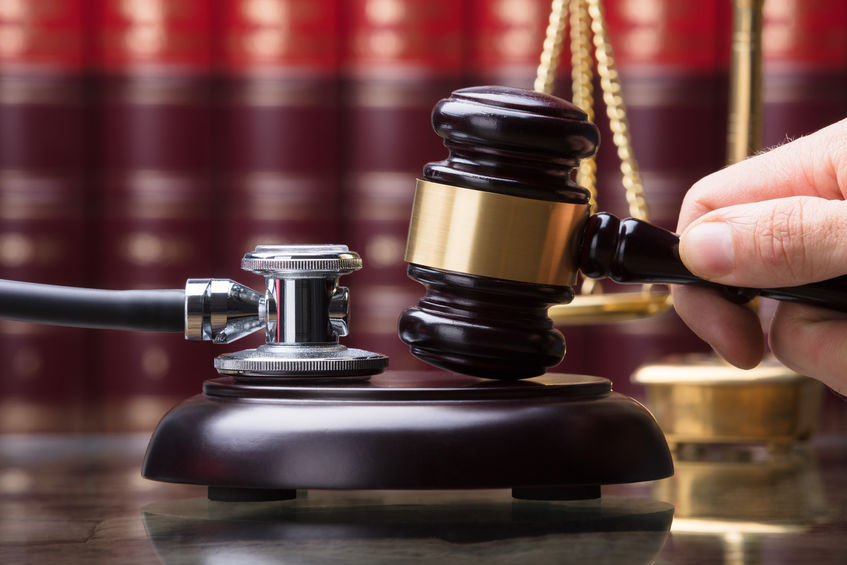

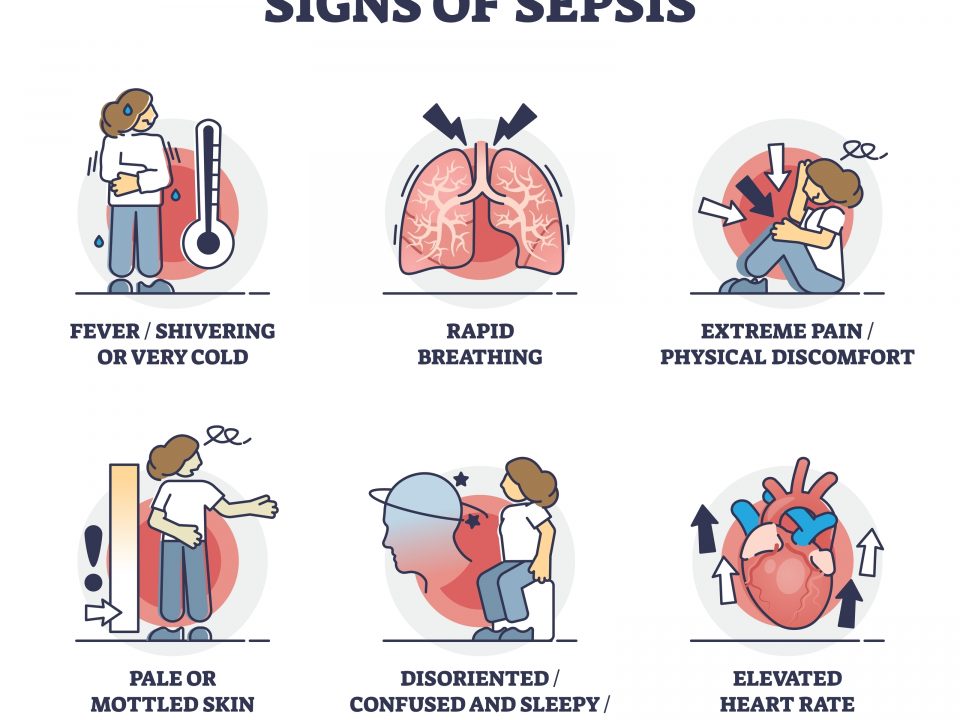
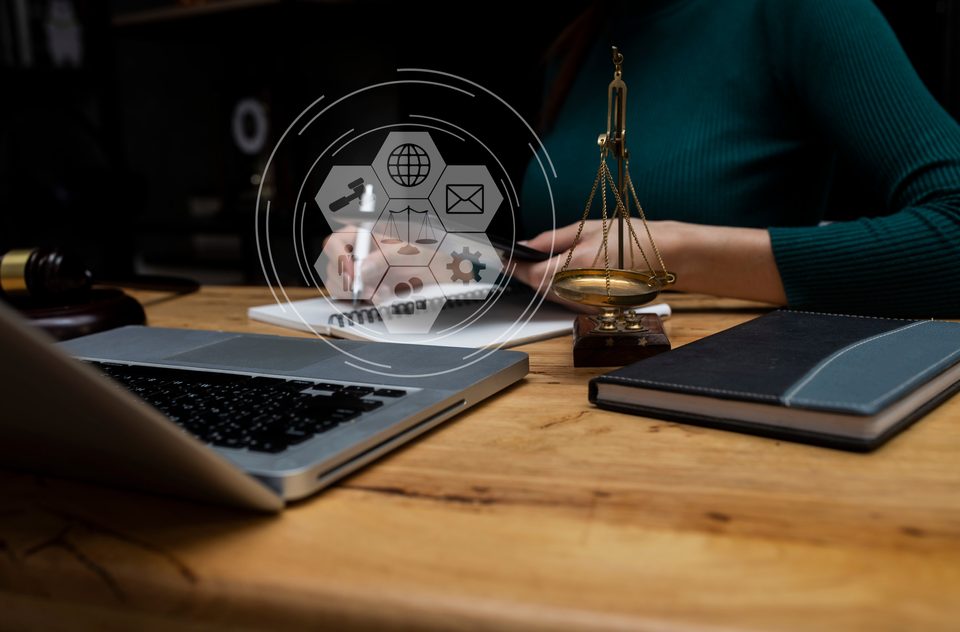
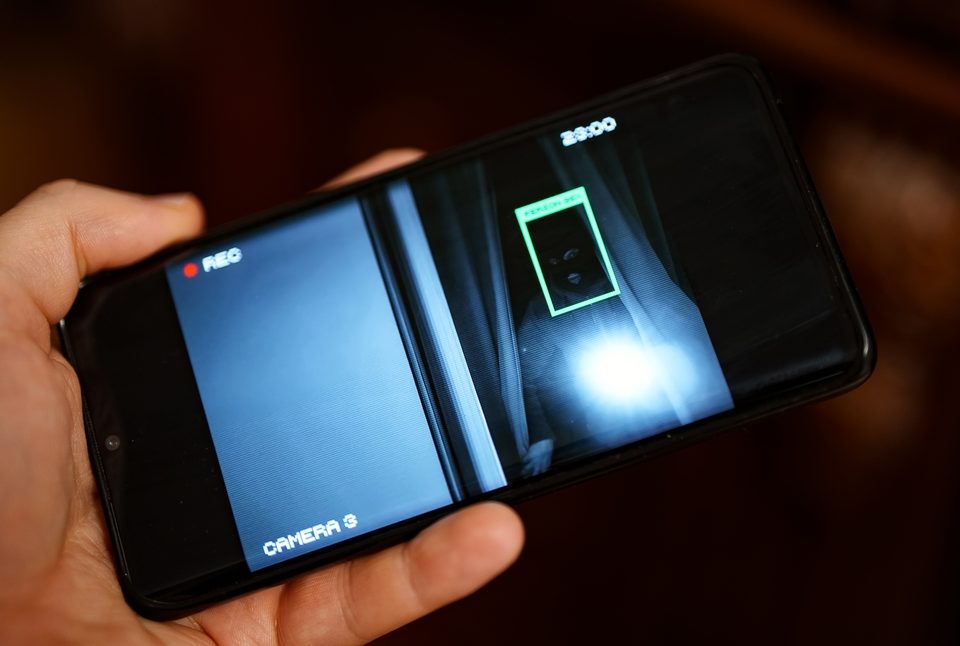
2 Comments
[…] judge was clear in the introduction that recording of proceedings was not allowed and that unless you were being the witness examined by the court you should turn […]
[…] judge also noted that a previous number of cases including that of Thimmaya v (1) Lancashire NHS Foundation Trust make the point that the expert needs to understand their duties to the court and there are […]